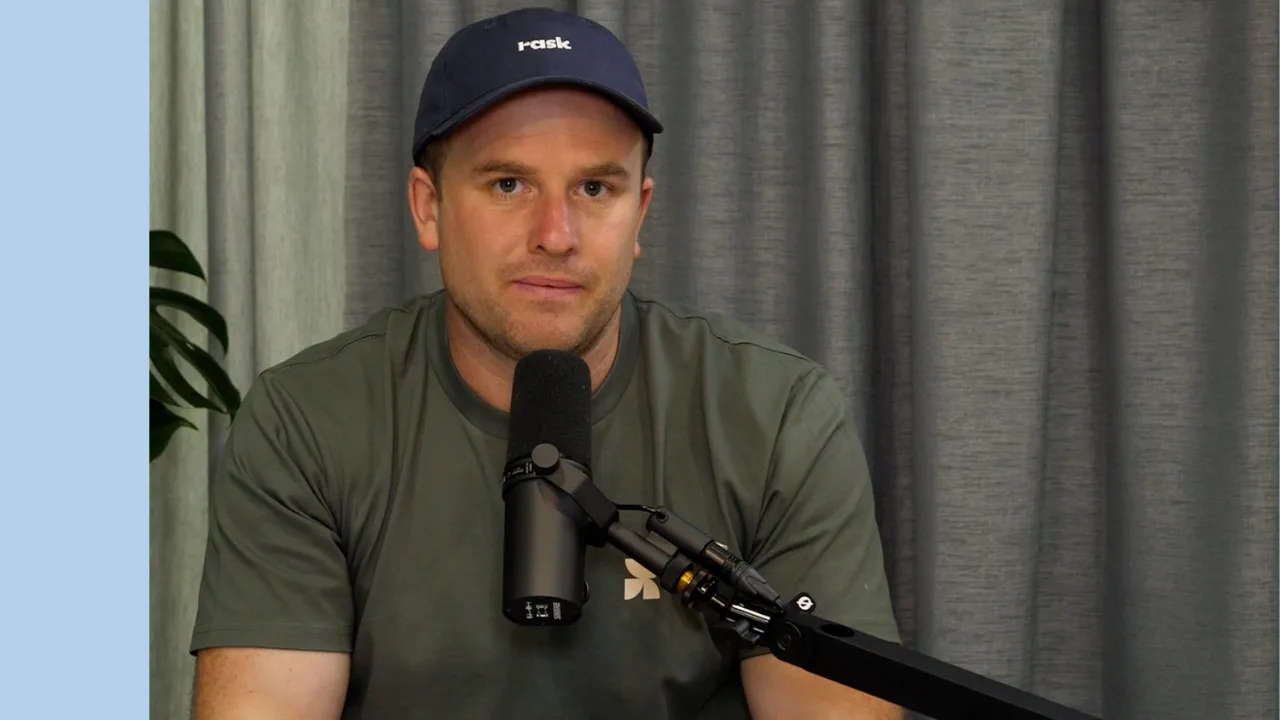Is the Commonwealth Bank of Australia (ASX: CBA) share price a buy for the large 7.5% dividend yield?
Commonwealth Bank of Australia or CBA is Australia’s largest bank, with commanding market share of the mortgages (24%), credit cards (27%) and personal lending markets. It has 16.1 million customers, 14.1 million are in Australia. It is entrenched in the Australian payments ecosystem and financial marketplace.
Time To Buy CBA Shares For The Dividend?
The biggest bank has long been seen as one of the best dividend shares on the ASX. When you look at the yield it’s 5.2%, or 7.5% including the franking credits.
You’ll be lucky to find bank accounts and term deposits with interest rates that start with a 2.%. So being able to get above 7% from your invested money seems pretty attractive.
It doesn’t look quite as good a month ago after the share price rose 6.2% and it’s up 16.1% over the past six months.
But CBA shares aren’t just like special term deposits. There are risks with owning shares. There are risks operationally that could hurt a business’ profit and there is the risk that investors may decide to pay less for CBA’s shares.
There are different buyers and sellers everyday, so the price is always changing each day. But sometimes events like the Royal Commission or a recovery of housing prices could cause CBA’s share price to rise or fall.
I certainly think that it’s worth considering CBA over Australia and New Zealand Banking Group (ASX: ANZ), Westpac Banking Corp (ASX: WBC) and National Australia Bank Ltd (ASX: NAB). Its reputation as the highest quality bank should be worth a premium – we’ve seen the other banks’ home arrears continue to rise whilst CBA’s has been consistent.
Banks and other financial institutions should trade on a lower price/earnings ratio, but it’s valued at almost 17 times the estimated earnings for the 2020 financial year. This is not cheap, even if lower interest rates should mean higher valuations.
CBA isn’t a terrible option for dividends, but I’d rather buy shares of Vitalharvest Freehold Trust (ASX: VTH), Future Generation Investment Company Ltd (ASX: FGX) or the reliable shares in the free report below instead because they’re looking quite cheap and probably have more secure dividends.
[ls_content_block id=”14945″ para=”paragraphs”]
Disclosure: Jaz owns shares of Vitalharvest and Future Generation Investment Company at the time of writing, but this could change at any time.








